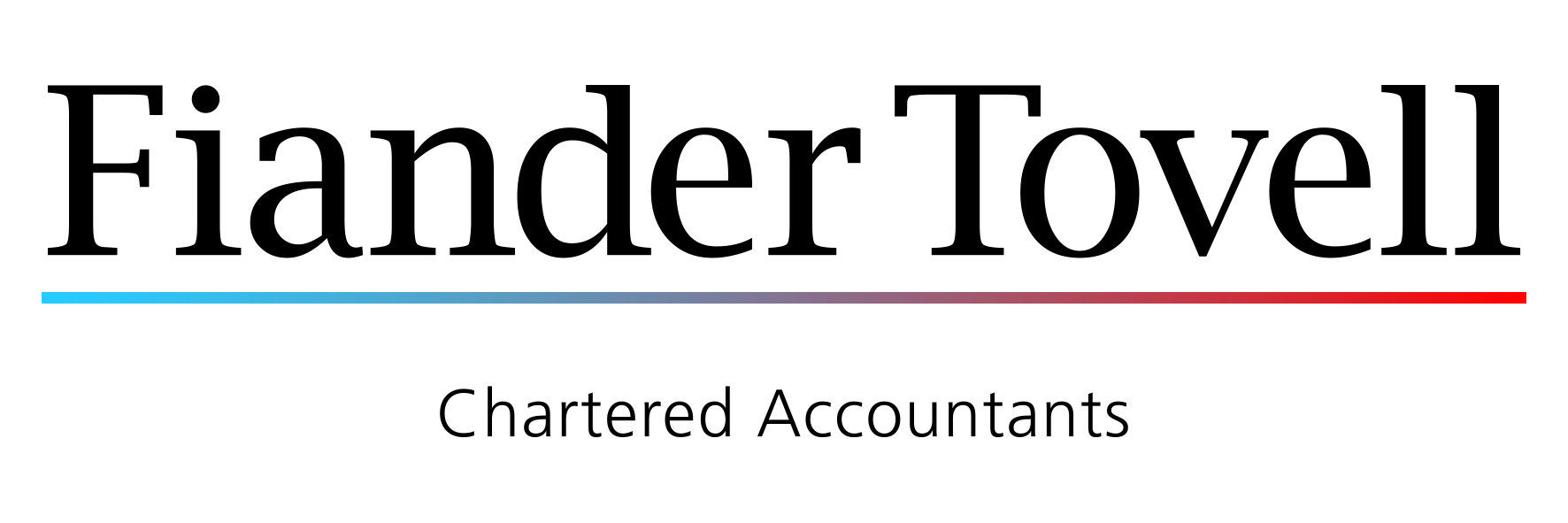
The Key Duties Every Director Must Uphold
The role of a director presents both rewards and responsibilities. Whether you’re appointed to the Board of the company you work for or take on the role in a new business, the position is one of leadership and demands attention and compliance to legal and ethical obligations.
The Companies Act 2006 outlines these duties that ensure directors act in line with regulations, comply with the law and act in the best interests of the company.
Incorporated vs. Unincorporated Companies
In the UK, businesses can undertake either:
- an unincorporated entity, i.e. a sole trader or a partnership or
- an incorporated body
Most businesses are limited by shares, meaning shareholders’ liability is limited to the value of their share capital.
A company can be private or public, with public companies being allowed to offer shares to the public. Directors of public companies face more stringent duties and penalties for non-compliance than those of private companies.
Companies Act 2006
When you are appointed as a director, you assume a role with extensive legal responsibilities. The codification of the Companies Act 2006 makes the law more consistent and accessible while clearly stating the general duties. These duties include bringing consistency to the law and emphasising the connection with the company’s success and its wider corporate social responsibilities.
Director Duties
Directors are expected to act in the interest of the company and not their own or any other party. The Act outlines seven statutory directors’ duties:
1. Duty to Act Within Powers
Directors must act in accordance with the company’s constitution, using their powers only for the purposes for which they were granted. This ensures that decisions align with the company’s goals and legal framework.
2. Duty to Promote the Success of the Company
Directors must act to promote the success of the company for the benefit of its members with considerations to the long-term consequences of their decisions. This includes evaluating:
- The interests of employees
- Business relationships with suppliers, customers and others
- The impact on the community and environment
- Maintaining a good reputation for business conduct
- Acting fairly between members of the company
This “enlightened shareholder value” approach balances shareholder interests with broader social considerations.
3. Duty to Exercise Independent Judgement
Directors must exercise independent judgement to make decisions in the best interests of the company, devoid of influence by external factors. This duty ensures that decision-making remains impartial.
4. Duty to Exercise Reasonable Care, Skill and Diligence
Directors must exercise care, skill and diligence in their role, applying their own expertise and the standard of care expected from a director in their position: this includes subjective and objective standards.
5. Duty to Avoid Conflicts of Interest
Directors must avoid situations where their personal interests conflict or have the potential to conflict with the interests of the company.
6. Duty Not to Accept Benefits from Third Parties
Directors must not accept benefits from third parties that could influence their decisions or actions as a director, unless the benefit cannot reasonably be seen as likely to cause a conflict of interest.
7. Duty to Declare Interest in a Proposed Transaction or Arrangement
Directors must disclose interest, direct or indirect, in a proposed transaction or arrangement with the company. The nature and extent of that interest must be declared before the transaction takes place and updated if new information arises to ensure total transparency and prevent potential conflicts.
Enforcement and Penalties
The Companies Act states that they will be enforced in the same manner as the Common Law, therefore there are no penalties for failing to comply with the statutory duties.
How We Can Help
The position of a director is not to be accepted lightly. We can provide the professional advice to ensure an uphold of duties and compliance to legal and ethical obligations. Consult our free guide for more information or contact us today for specific guidance.


